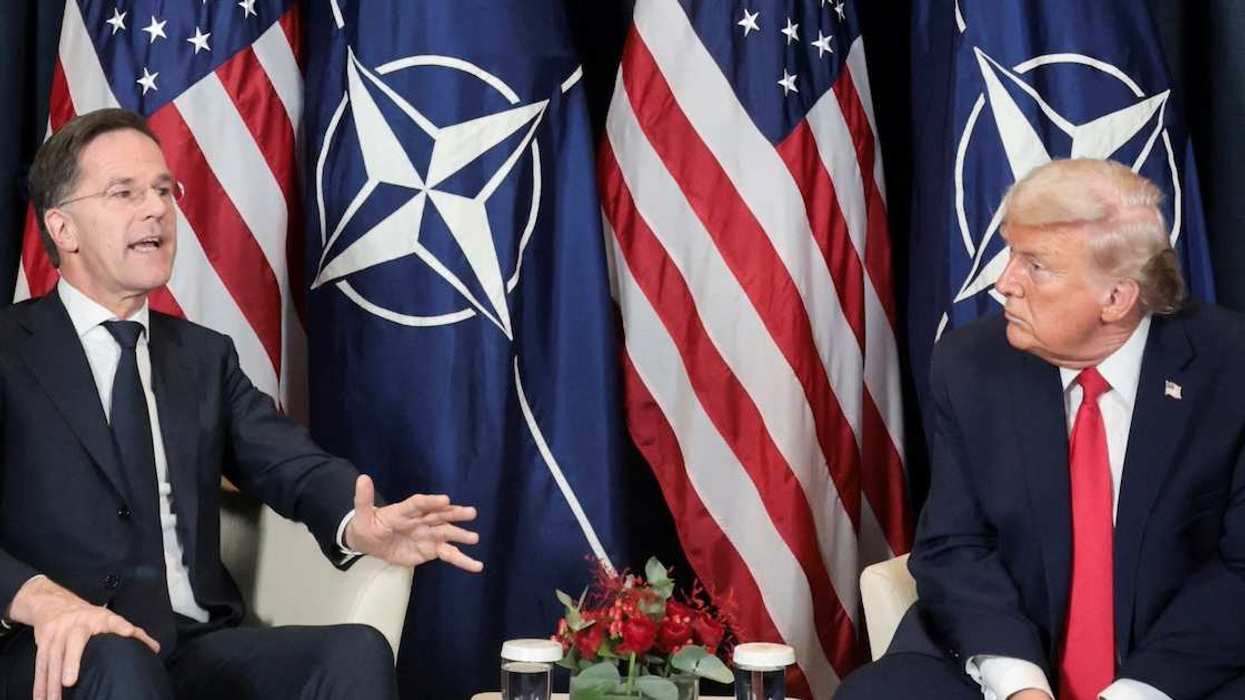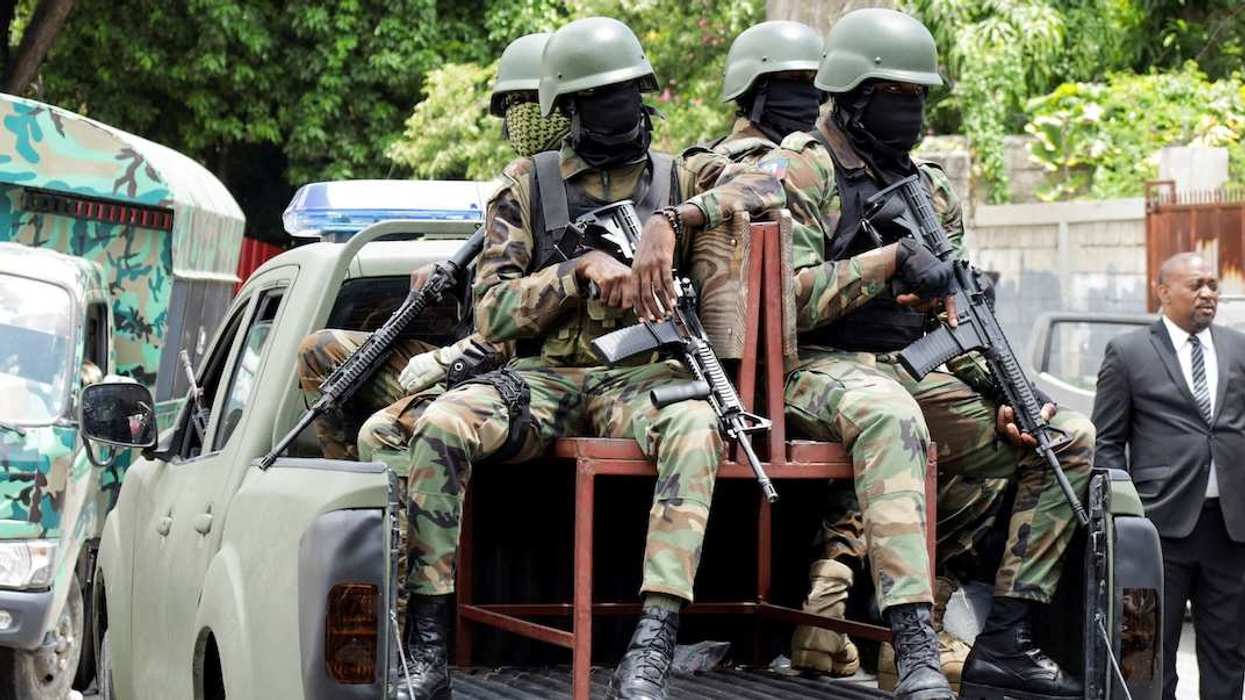US, EU publishes fine print of the trade deal
More details have emerged on the terms of the trade deal between the United States and European Union, which was first announced last month. European pharmaceuticals will now face a 15% tariff – US President Donald Trump had threatened a rate of “25% or higher.” There will also be 15% duties on EU automobiles, down from 27.5%, provided Brussels passes legislation to reduce its own 10% duties on car imports. The US could also cut rates on metals, up to a certain quota. In return, the EU pledged to invest heavily in American energy and AI chips, and to grant preferential market access for several US agricultural products. In a blow to wine aficionados, the EU wasn’t able to nab lower rates for its alcohol products. Quel cauchemar!
IAEA in the dark on Iran’s uranium
International Atomic Energy Agency officials head to Washington next week amid mounting concern over Iran’s unmonitored stockpile of near-weapons-grade uranium. Inspectors have been shut out since June’s US & Israeli strikes on Iran’s nuclear sites, leaving the agency unable to verify the fate of 409 kilograms of enriched uranium. Tehran cites radiological hazards to block access to key sites, while signaling limited cooperation elsewhere. With talks stalled and a UN sanctions deadline looming, diplomats say the IAEA’s understanding of Iran’s nuclear program is rapidly deteriorating – giving Iran an opening to potentially race to a bomb in the absence of international oversight.
In message to Dalai Lama, Xi visits Tibet
Not two months after the Dalai Lama declared that his office – and not China – would pick his successor, Chinese President Xi Jinping on Wednesday made only his second official visit to the autonomous, Himalayan region that his country officially annexed 60 years ago. The fact that the 72-year-old Xi went to the area, despite the health hazards of going to such high altitude, suggests he wanted to buttress his authority there – China’s leaders claim they have power over the Buddhist spiritual leader’s succession plans. His visit to Tibet led every major news bulletin in China, and also coincided with the recent announcement that China would build the world’s biggest dam there (read more on that here).

















